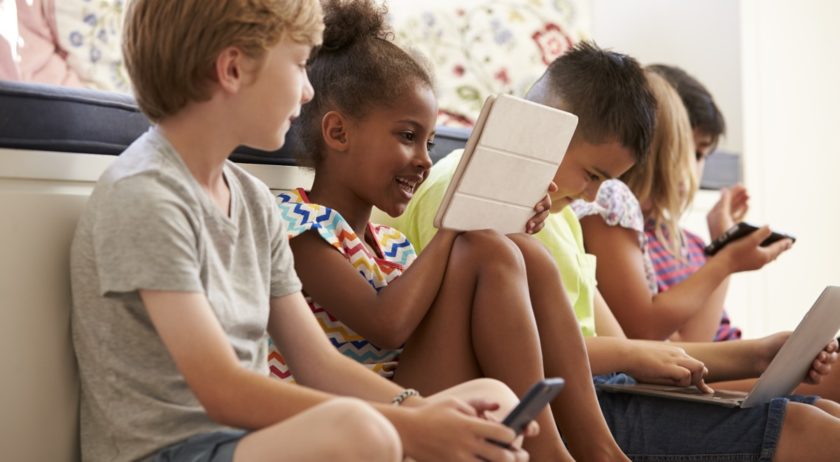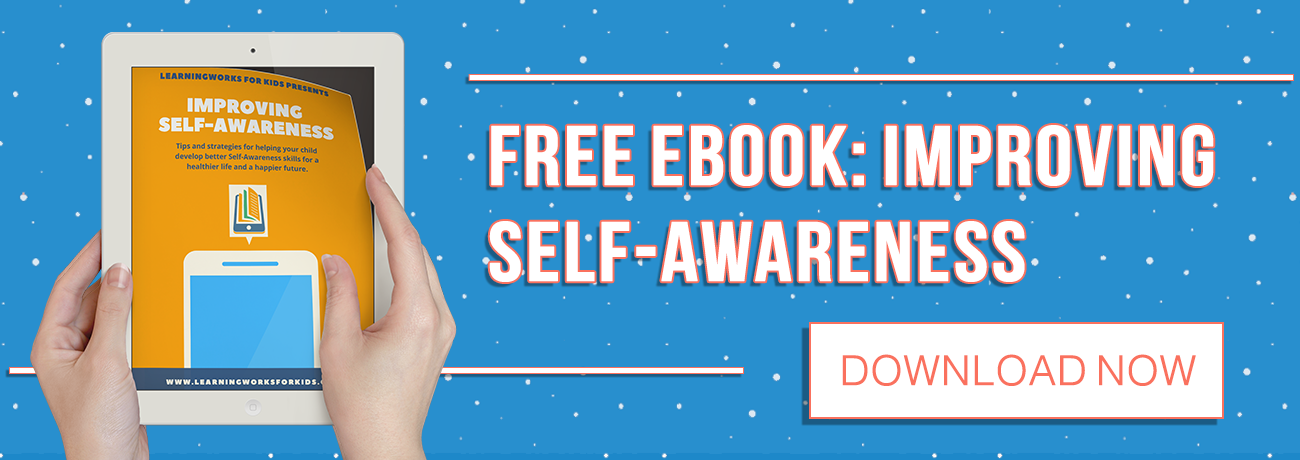Video games are often perceived as a solitary activity, but this is far from accurate. Information from a 2015 study conducted by the Pew Research Center indicated that 83% of teenagers play video games with others – 83% in person and 75% online. Further, the study reported that 52% of teens who play with peers online also play with individuals who are not their friends outside of gameplay.
New gaming platforms, particularly those that are Internet- and mobile-based such as Fortnite or Minecraft, provide increased opportunities for teens to create meaningful connections with peers through gaming. Many games are intended to be played with friends and are designed for kids who may experience a degree of social anxiety, affording them the opportunity to interact more freely with others. For instance, children who experience anxiety about not knowing what to talk about with their peers could easily discuss video games with others who play the same game.
Studies have indicated that social interactions involved in video games can be beneficial for players. Griffiths et al. (1997) noted that MMORPG’s (Massive Multiplayer Online Role Playing Games) have provided many gamers the opportunity to develop lifelong friendships and partners. Other research in this area describes how gaming can lead to the development of leadership skills and to a sense of kinship and teamwork.
To learn more about this important topic, check out these straightforward and scholarly articles that reflect the current state of the science. You can also link to our complete bibliography on the science of games and learning or go to the Center for Media and Child Health Research base for more extensive information.
In this literature review, the authors examine positive and negative impacts of video-game play. A body of research has shown that video games can have positive impacts on social behavior in regard to cooperation, flow, and reduced in-group bias. The authors set the precedent for additional research to be completed on the positives of play.
The authors conducted a pilot study that examined the utility of the Feeling Better mini video game in improving emotional understanding in a sample of 22 children and adolescents aged 10-16. Results indicated that participating in the game significantly increased their ability to identify and collect functional emotions after repeated trials of the game.
This study focuses on motivations for children to play video games, particularly children who have symptoms of psychosocial problems such as Attention-Deficit/Hyperactivity Disorder and depressive symptoms.
The authors provide a detailed history of video game play in this literature review which include summaries of the social, cognitive, motivational, and emotional benefits of video games. The review concludes with information on the gamification of health care and education and suggestions for future research in this area.
This article explores the relationship between games and civic engagement through a national survey that uncovered which teens are playing what games, the social context of play, and the role parents have when it comes to play. It also uncovered the relationship between specific video game play and its correlation to civic activities and commitments.
“This study identified the core elements of [action video games] that enable social interaction” (Maitland et al., 2018).
“The present study tests a recently proposed model in which social video game play supports wellbeing by contributing to a harmonious type of engagement with the game” (Perry et al., 2018).






